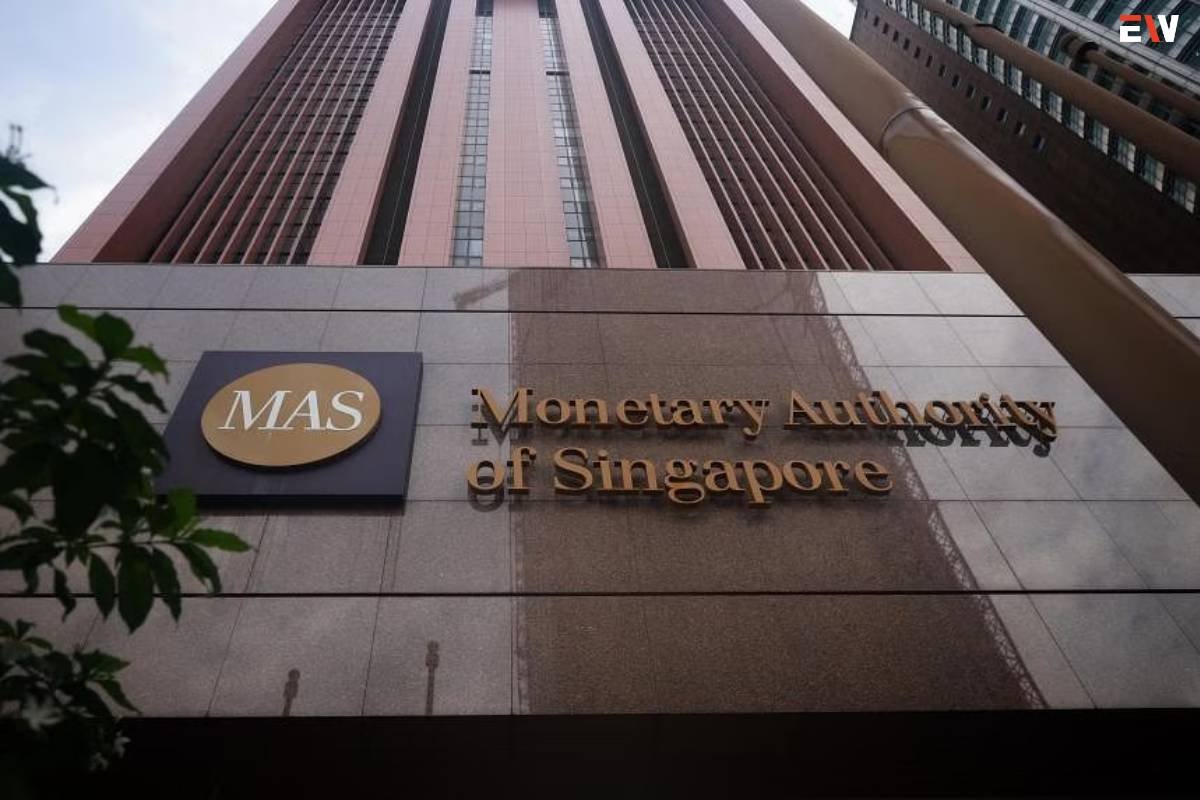Source- The Straits Times
Central Bank Keeps Exchange Rate Policy Band Unchanged
In its inaugural quarterly monetary policy decision of 2024, Singapore’s central bank, the Monetary Authority of Singapore (MAS), announced on Monday that it would maintain its existing policy, aligning with market expectations. The decision encompasses both the country’s policy rates and its exchange rate policy band, known as the Singapore dollar nominal effective exchange rate (S$NEER).
Unchanged Exchange Rate Policy Band
Unlike conventional central banks that adjust domestic lending rates, MAS employs a unique approach by adjusting the exchange rates of its currency. The central bank manages the strength or weakness of the Singapore dollar against its primary trading partners, effectively determining the S$NEER. The specific exchange rate is not fixed; instead, the S$NEER can fluctuate within a predetermined Monetary policy band whose precise levels remain undisclosed.
Enhanced Monitoring and Quarterly Statements
MAS emphasized its commitment to closely monitor both global and domestic economic developments while remaining vigilant to potential risks to inflation and growth. Additionally, the central bank unveiled a shift in its communication strategy, opting for a quarterly release of Monetary policy statements starting this year. These statements are scheduled for January, April, July, and October, providing more frequent updates on the central bank’s stance.
Positive Outlook on Economic Growth
MAS expressed optimism about Singapore’s economic trajectory, anticipating an improvement in the country’s Gross Domestic Product (GDP) in 2024. The central bank estimated a growth range between 1% and 3%. Preliminary data from January indicated a 1.2% expansion in the economy last year, with a robust 2.8% year-on-year growth in the fourth quarter, marking the fastest pace for the year.
Inflation Expectations and Core Inflation
MAS foresees core inflation rising in the current quarter, partially attributed to the one-off impact of a 1%-point hike in the Goods and Services Tax (GST) implemented on January 1st. The central bank estimates core inflation to average between 2.5% and 3.5% in 2024, maintaining consistency with its October forecast. Excluding the GST hike, core inflation is projected to range between 1.5% and 2.5%.
Goldman Sachs, ahead of the MAS decision, highlighted potential risks to inflation. The investment bank pointed out that any substantial increase in global commodity prices or heightened business costs could pose challenges. Additionally, the recently implemented GST hike was identified as a factor that could impact inflation in the near term.
In conclusion, Singapore’s central bank’s decision to maintain the status quo in its monetary policy, coupled with its positive economic outlook, reflects a cautious yet optimistic approach to navigating potential challenges in the global and domestic economic landscape. Investors and analysts will keenly watch for further developments in the coming quarters as the central bank continues its quarterly communication strategy.









